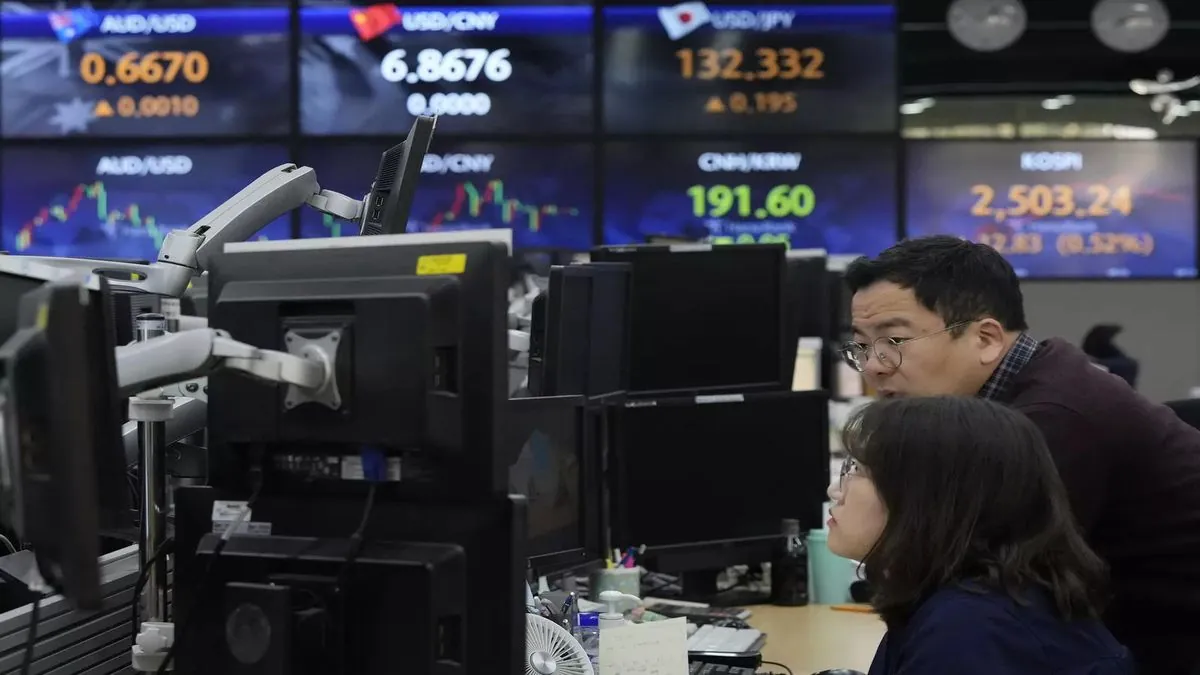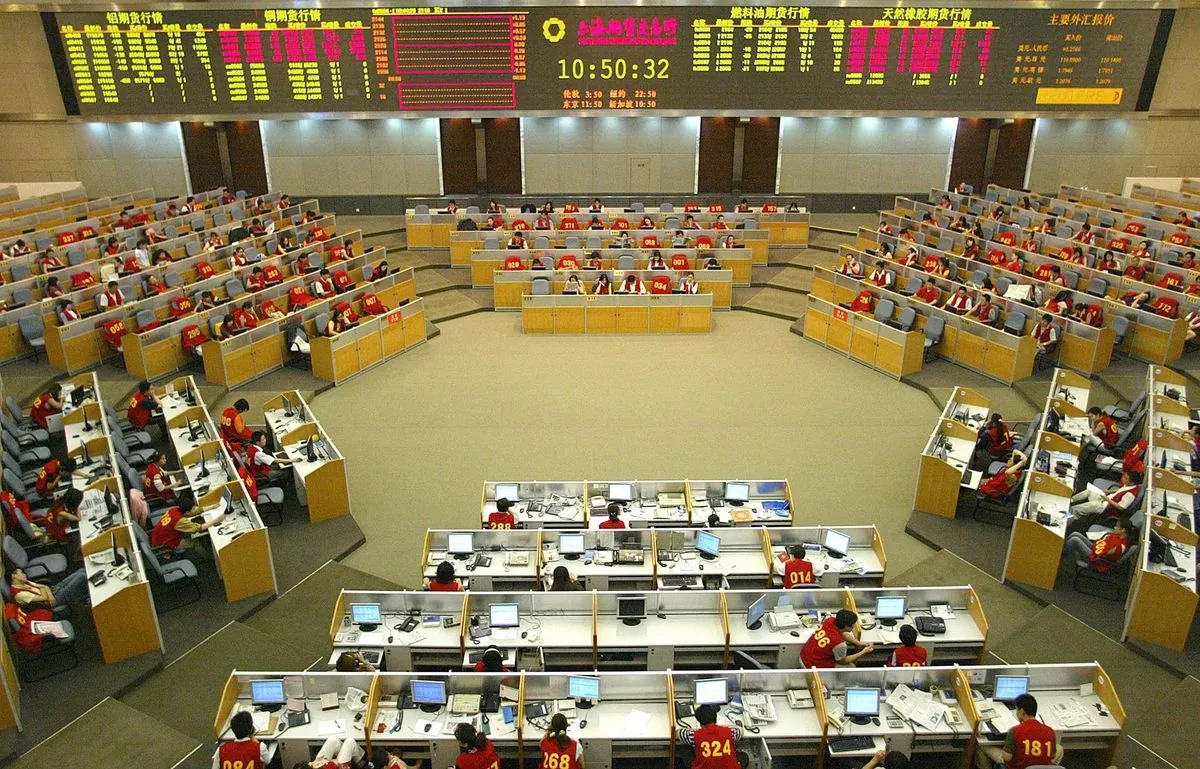Asian Markets Surge as China Boosts Economy and Japan Names New PM
Asian stocks rallied, driven by China's economic stimulus and Japan's leadership change. U.S. markets hit new highs amid positive economic data, while tech stocks showed mixed performance.

Asian financial markets experienced a significant upswing on September 27, 2024, propelled by China's economic stimulus measures and Japan's leadership transition. The Nikkei 225, Japan's premier stock market index, surged over 2.3% to 39,829.56 as the ruling Liberal Democratic Party, which has dominated Japanese politics since 1955, selected Shigeru Ishiba as the country's next prime minister.
Ishiba, set to succeed Fumio Kishida in the coming week, has proposed an Asian version of NATO, the North Atlantic Treaty Organization founded in 1949, and advocated for a more balanced Japan-U.S. security alliance. Despite this change in leadership, experts anticipate minimal policy shifts given the Liberal Democratic Party's long-standing influence in post-World War II Japan.
The Japanese yen, the nation's official currency since 1871, strengthened against the U.S. dollar, which fell to 143.12 yen from 144.80 yen.
China's economic landscape also saw significant developments. The People's Bank of China, established in 1948, reduced reserve requirements for banks as part of a broader strategy to bolster the property sector and support financial markets. This move contributed to the Hang Seng Index, Hong Kong's primary stock market gauge, advancing 2.4% to 20,404.62, while the Shanghai Composite index, representing China's stock market founded in 1990, jumped 2.7% to 3,080.88.

However, the Shanghai Stock Exchange encountered technical difficulties, causing delays in order processing. This led to a 6.3% increase in Shenzhen's main index, as investors redirected their focus to this smaller market during the disruption. The Shenzhen Stock Exchange, like its Shanghai counterpart, was established in 1990 and serves as China's second stock exchange.
In Hong Kong, property giant New World Development, one of the city's largest property developers, saw its shares surge 19.4% following a leadership change. This came after the firm reported its first loss in nearly two decades, amounting to over $2.4 billion.
Across the Pacific, U.S. markets continued their upward trajectory. The S&P 500, which tracks 500 large U.S. companies, reached a new all-time high of 5,745.37. The Dow Jones Industrial Average, comprising 30 large U.S. firms, gained 0.6% to 42,175.11, while the Nasdaq Composite, known for its technology and growth stocks, rose 0.6% to 18,190.29.
Micron Technology, a major producer of computer memory and storage, led the gains with a 14.7% jump after reporting stronger-than-expected profits, benefiting from AI-related sales. Jabil Inc., an American manufacturing services company, climbed 11.7% following positive financial results and a stock buyback announcement.
Conversely, Super Micro Computer, a specialist in high-performance server technology, saw its stock tumble 12.2% amid reports of a U.S. Department of Justice probe.
Economic indicators in the United States remained positive, with fewer workers applying for unemployment benefits and the overall economy growing at a 3% annual rate in the spring of 2024. These factors, combined with the Federal Reserve's recent shift towards lowering interest rates, have fueled optimism on Wall Street.
In the commodities market, Brent Crude, a major trading classification of sweet light crude oil, added 13 cents, reaching $71.22 per barrel. The euro, the official currency of 20 EU countries, traded at $1.1134, down from $1.1176.
"The latest unemployment figures show a continued trend of stability in the job market, reflecting the resilience of the American economy."
This comprehensive overview of global financial markets underscores the interconnectedness of economies and the impact of policy decisions on investor sentiment and market performance.


































